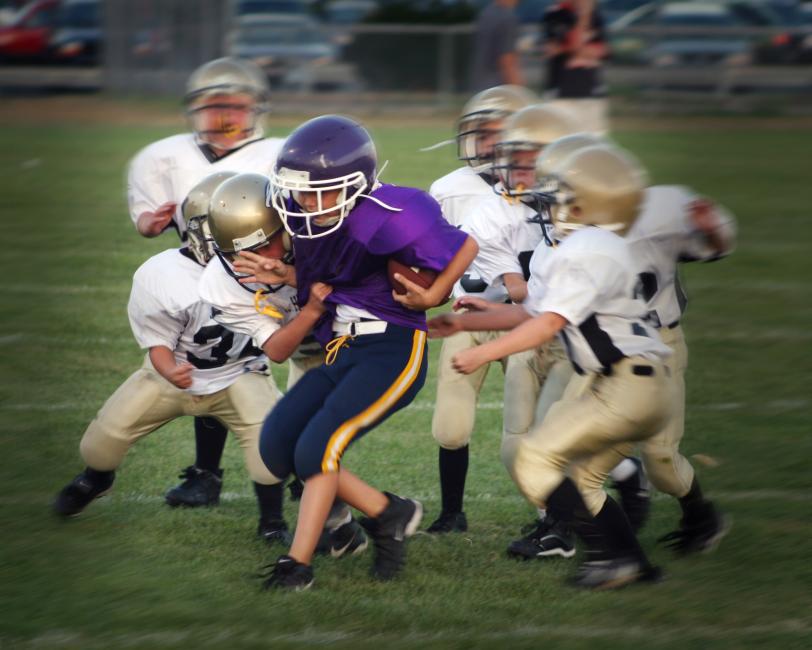A concussion, typically caused by a blow to the head, is a traumatic injury that can temporarily impair normal brain function.
Our Approach to Concussions and Head Injuries
Concussions can sometimes result in a loss of consciousness, but they oftentimes do not. In some cases, you can have a concussion and not even realize it.
Athletes who play contact sports like football, lacrosse and ice hockey are at increased risk of sustaining a concussion.
If You Have a Concussion or Head Injury
Whether or not symptoms are immediately apparent, you should seek medical assistance if you experience an injury that impacts your head or neck. This is true of children and teens, as well—the American Academy of Pediatrics recommends that you contact your child’s doctor for anything more than a light bump on the head.
Only a health care provider can determine the severity of your concussion. If you’ve sustained a grade 1 or grade 2 concussion, you should rest, avoid strenuous activity and monitor symptoms closely. A grade 3 concussion requires immediate observation and treatment.
In addition to a physical examination, your physician will ask you questions to test your cognitive function, and will likely test your coordination and reflexes, as well. They may order a CT scan or MRI to determine if bleeding or other injuries are present. Severe concussions often result in hospitalization and further treatment. Once they understand the degree of damage, your doctor will provide specific instructions for recovery.
Concussion Prevention Services
Before your next season begins, visit Inspira to receive an ImPACT® baseline concussion screening. This advanced concussion assessment and management method helps your health care provider establish a snapshot of your healthy brain function, and it is an effective tool in the battle against concussion-induced damage.
Inspira's team of sports clinicians help South Jersey get -and stay- active.
Concussion Symptoms
Symptoms of a concussion or sports-related head injury include:
- Headaches
- Dizziness
- Amnesia or temporary loss of memory
- Nausea
- Vomiting
- Fatigue
- Slurred speech and/or confusion
- Difficulty concentrating or responding to questions
It’s important to note that symptoms may be delayed at first, for hours or sometimes days, making them hard to detect. Some concussions or head injuries can occur even when you don’t experience a direct hit to the head; colliding with another player on the field, for example, can impact the brain enough to cause a concussion.



